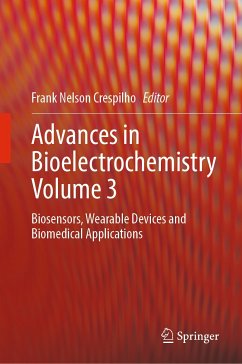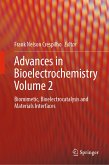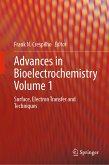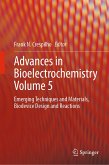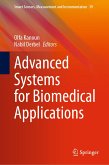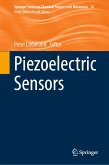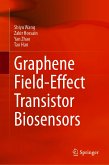This book presents a collection of chapters on modern bioelectrochemistry, showing different aspects of biodevices. The chapters cover biomedical applications, virus and antigens detection, miniaturized and wearable devices, screen-printed biosensors, hybrids surfaces, point-of-care and molecular diagnoses. They provide relevant bibliographic information for researchers and students interested in field effect transistors for biomedical applications, virus and antigens detection in immuno technologies and biosensors in point-of-care for molecular analysis, with strategies and perspectives to healthcare. This book also presents insights on advantages and properties of materials aiming biosensors applications.
Dieser Download kann aus rechtlichen Gründen nur mit Rechnungsadresse in A, B, BG, CY, CZ, D, DK, EW, E, FIN, F, GR, HR, H, IRL, I, LT, L, LR, M, NL, PL, P, R, S, SLO, SK ausgeliefert werden.

